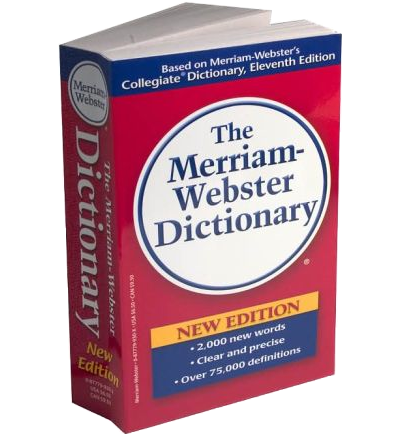
The word ‘irregardless’ included in the latest issue of its dictionary by Merriam-Webster
Hackles have been raised on both sides of the Atlantic with the inclusion of the word ‘irregardless’ in the latest issue of its dictionary by Merriam-Webster. Strict grammarians point out that the definition of irregardless would be: without without regard. However the dictionary’s compliers say, ‘Irregardless is included in our dictionary because it has been in widespread and near-constant use since 1795.’ They defend the inclusion by saying, ‘We do not make the English language, we merely record it.’ The Merriam-Webster dictionary defines irregardless as “nonstandard” but meaning the same as “regardless.” However many people regard irregardless as a nonsensical word, as the ir– prefix usually functions to indicate negation. The argument for the word is that in this case ir functions as an intensifier.
However irregardless was first included in Merriam-Webster‘s Unabridged Dictionary in 1934, while other dictionaries, including Webster’s New World College Dictionary, The American Heritage Dictionary of the English Language, and the Cambridge Dictionary all recognize irregardless as a word. And it turns out that the word is not new. It has been recorded as early as 1795 in the USA. In 1859, The Baltimore Sun wrote that a man “had endeavored to discharge his duty fearlessly in this case, irregardless of those who may consider this discourse discourteous to the ‘Plugs.’’
Current editor of The Baltimore Sun, John McIntyre, says, ‘People get upset about the dictionary because they think it is some sort of official document, but it’s just lexicographers identifying words that people use and trying to find out, well, how are they spelled.’ The final word must go to McIntyre who says, ‘You don’t like it? Don’t use it.’












